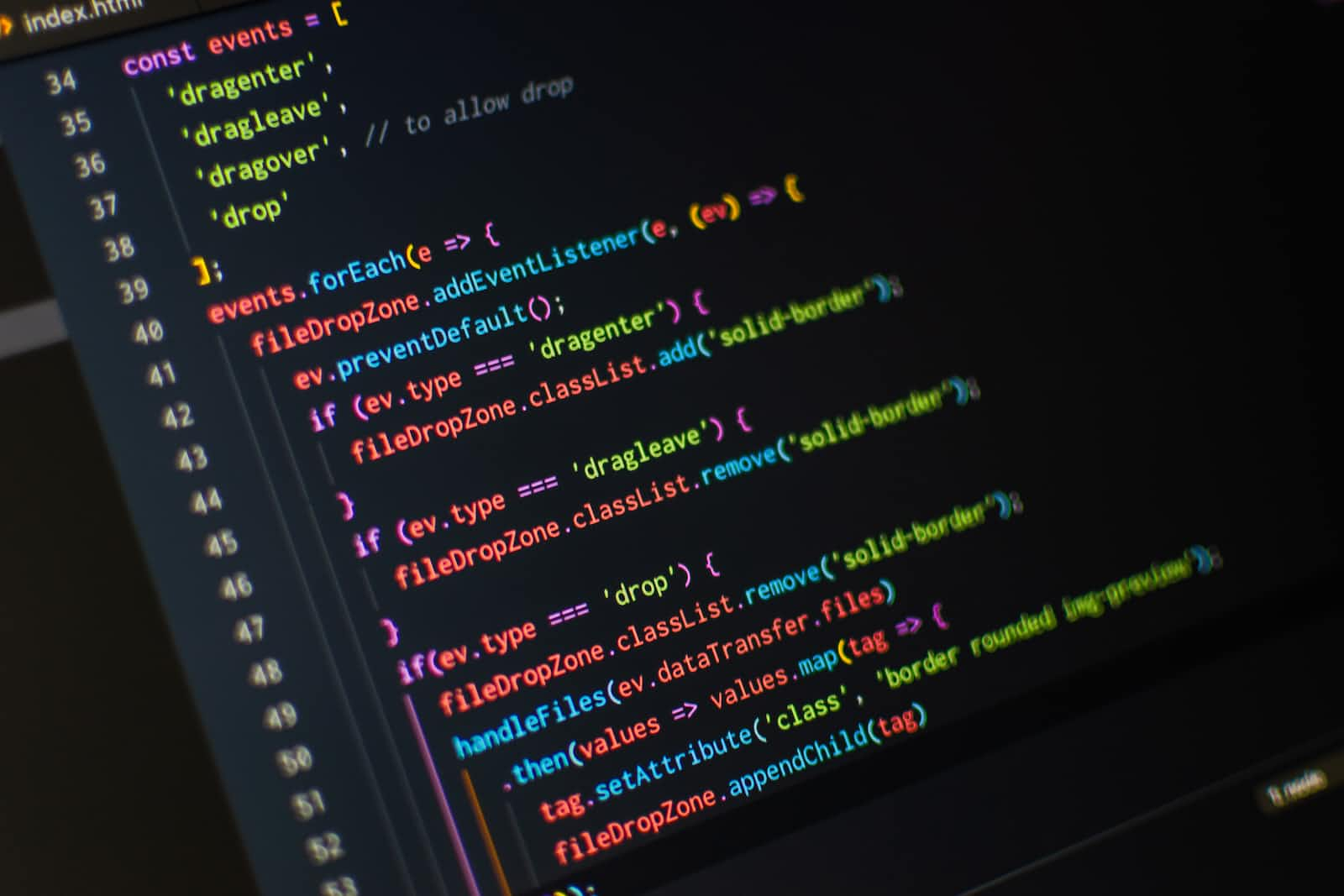Best Practices for Writing Clean and Maintainable Code
 ajeet achal
ajeet achal
Writing clean and maintainable code is essential for any software project. Clean code is easy to read, understand, and modify, while maintainable code is easy to update, fix, and extend. In this blog, we will discuss some best practices for writing clean and maintainable code.
Follow a consistent coding style: Using a consistent coding style throughout your project makes it easier for other developers to read and understand your code. Adopting a style guide like Google's or Airbnb's can help ensure consistency and readability.
Use meaningful variable names: Variable names should be descriptive and convey their purpose. Avoid using single-letter variables or abbreviations that are not immediately clear. Instead, use descriptive names that make it easy to understand what the variable represents.
Break down large functions into smaller ones: Functions should be concise and focused on a single task. If a function is too long or contains multiple tasks, it can be difficult to read and understand. Breaking down large functions into smaller ones with specific purposes can make them more maintainable and easier to modify.
Comment your code: Comments should be used to explain the purpose and functionality of the code. They should not explain how the code works, as the code itself should be self-explanatory. Use comments sparingly, and only when necessary.
Avoid code duplication: Repeating the same code multiple times can make it difficult to maintain and update. Instead, use functions or classes to encapsulate and reuse code where possible.
Use error handling: Error handling is essential for ensuring that your code is robust and can handle unexpected inputs or failures. Use try-catch blocks or error-handling functions to handle errors and prevent your code from crashing.
Write unit tests: Unit tests are automated tests that check individual pieces of code for correctness. They can help ensure that your code is functioning as intended and catch errors before they become bigger issues.
In conclusion, writing clean and maintainable code is crucial for the success of any software project. By following best practices like using consistent coding styles, meaningful variable names, breaking down large functions, commenting your code, avoiding code duplication, using error handling, and writing unit tests, you can create code that is easy to read, understand, and modify. By adopting these practices, you can increase the efficiency and longevity of your codebase, ultimately saving time and money in the long run.
Subscribe to my newsletter
Read articles from ajeet achal directly inside your inbox. Subscribe to the newsletter, and don't miss out.
Written by

ajeet achal
ajeet achal
As a Full Stack Developer with experience in CMS platforms such as WordPress and OpenCart, I am proficient in both front-end and back-end technologies. With expertise in PHP, HTML, CSS, JavaScript, and MySQL, I have developed and maintained multiple web applications using these CMS platforms, delivering seamless and user-friendly experiences for clients.